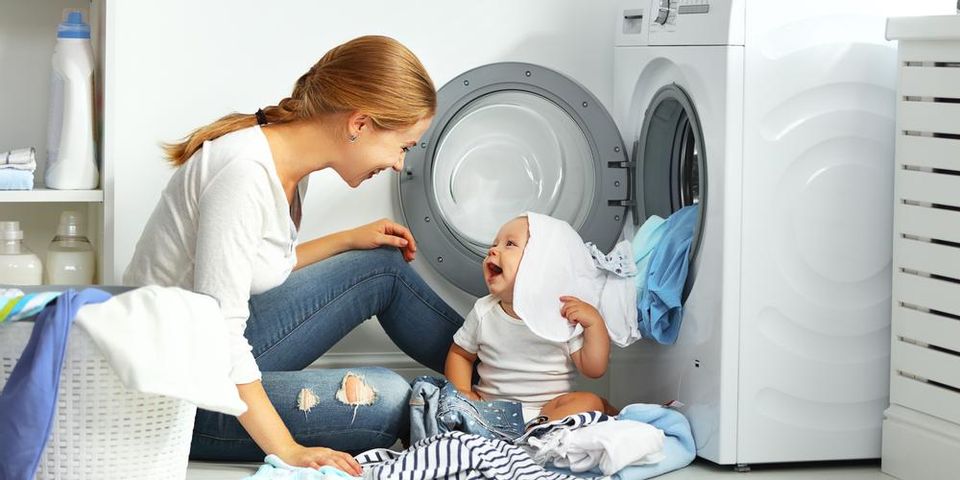
Laundry machines can have significant impacts on your septic system. The water used to wash clothing eventually works its way through your plumbing to the septic tank for treatment before dispersing to your leach field. To maintain the functionality of your septic system, you’ll need to understand the impact of these essential appliances. Here are the answers to four common questions on this topic.
Top FAQ on Laundry for Homes With Septic Systems
How does laundry affect the septic system?
Your laundry machine uses significant quantities of water to function. Even energy-efficient models can use up to 14 gallons per load, depending on the capacity of the machine and the number of articles being cleaned. When the machine is later flushed, the remains join other wastewater in your septic system. Your septic system is home to a variety of natural bacteria that break down waste and treat water so it can be safely expelled. Introducing chemicals and overloading the tank can interfere with this process.
Can detergents cause problems?
Not all soaps are created equal. To protect your septic system, use liquid detergents rather than powder. Clay, a chemical found in powder detergents, may cause clogging in your plumbing lines. Likewise, if it isn’t effectively treated in your septic tank and is released into the leach field, it can damage the soil’s ability to absorb liquids.
Does the type of appliance make a difference?
 To prevent overloading your septic system, invest in a front-loading or energy-efficient washer. These use less water and less power, which can lower utility bills. Many of these products are labeled septic-safe in stores, so look out for this designation when shopping products.
To prevent overloading your septic system, invest in a front-loading or energy-efficient washer. These use less water and less power, which can lower utility bills. Many of these products are labeled septic-safe in stores, so look out for this designation when shopping products.
How can I prevent problems?
To avoid flooding your septic system, spread out your washing throughout the week. Try to limit it to a maximum of one load per day. Do your best to clear clothes of dirt and mud; like clay, these substances may lead to clogging or introduce harmful bacteria into your septic tank. Lint can create obstructions as well, so add a filter to your machine’s discharge line. These practices, along with regular pumping and inspections, will keep your system healthy.
Since 1984, residents of North Branford, CT, have relied on Sanitrol Septic Services for their septic care needs. Founder Phil Zink is proud to offer 24/7 assistance to customers and a focus on problem prevention. Whether you need a septic system inspection, clogged pipe cleaning, or pumping, they’ll ensure you get lasting service from your system. Call (203) 315-3202 to speak with a representative and visit their website to learn more about their company.
About the Business
(5 reviews)
Have a question? Ask the experts!
Send your question
